
World
18:42, 07-Jun-2019
Dutch teenager's suicide sparks debate over euthanasia, 'fake news'
Khushboo Razdan
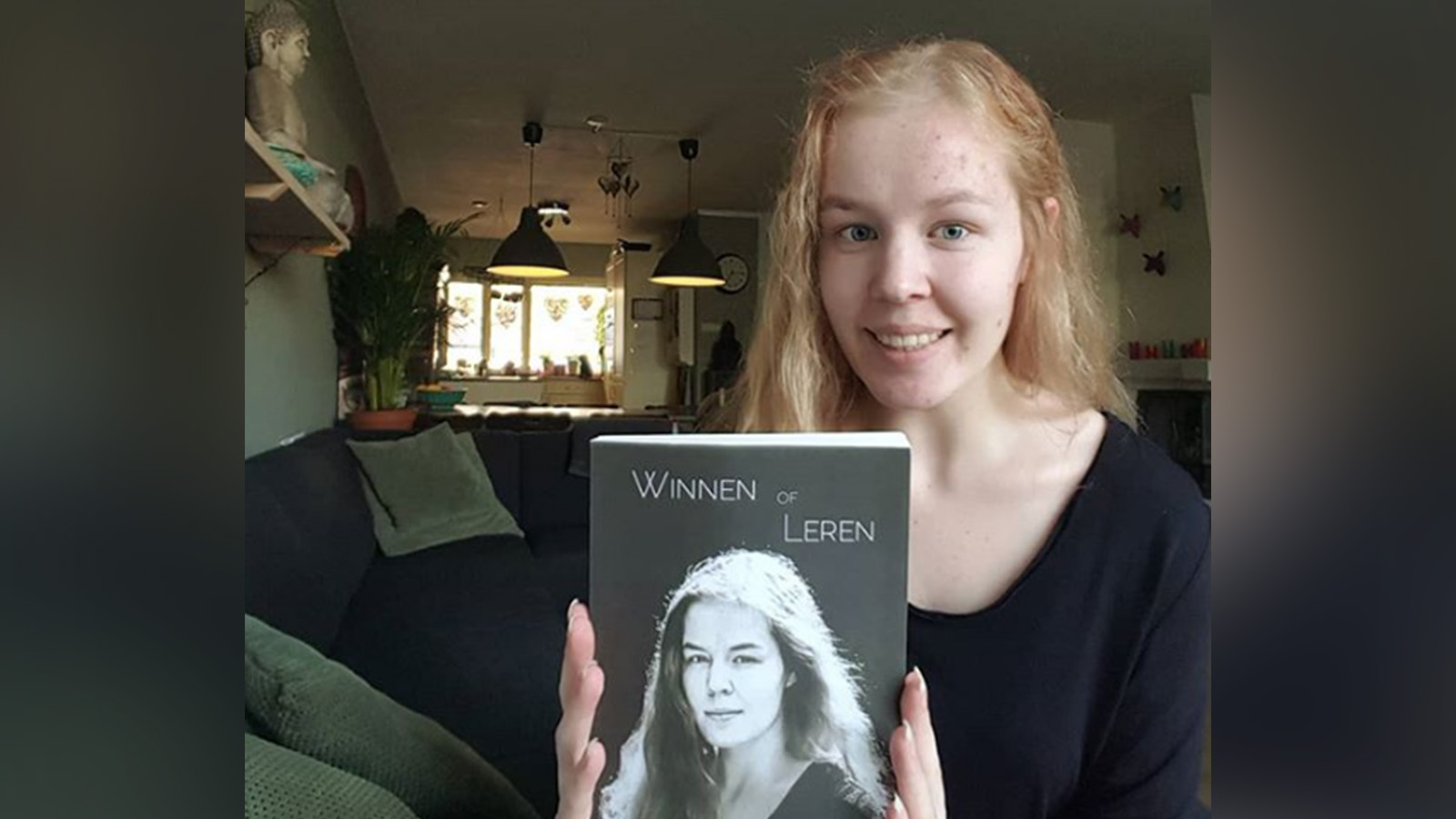
"Euthanasia and assisted suicide are a defeat for all. We are called never to abandon those who are suffering, never giving up but caring and loving to restore hope," tweeted the Vatican's Pope Francis after several media outlets across the world reported that a 17-year-old Dutch girl was "legally euthanized" in a clinic in the Netherlands.
Except it was "fake news."
Perhaps in a hurry to share the heartrending story of a mentally ill teenager "who used euthanasia to end her pain," many editors skipped fact-checking and jumped straight to an easy conclusion.
While it is still unclear how Pothoven died, Dutch Health Minister Hudo de Jonge confirmed in a statement on Wednesday that "there is no question of euthanasia in this case." A statement released by her family said that "she had stopped eating and drinking."
Although the source of the false news asserting that Pothoven had died of euthanasia is unclear, The Guardian reported that news outlets had sourced the story from "newswire Central European News, which specializes in supplying unusual and quirky foreign stories to English-language news outlets."
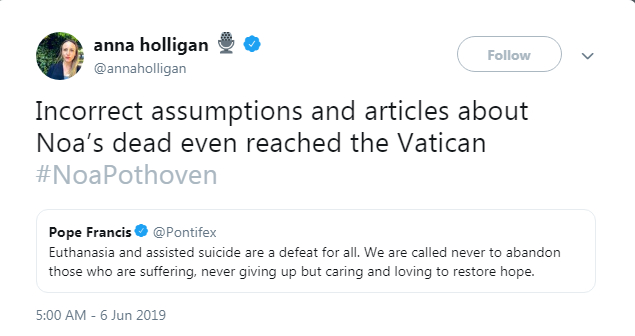
Screenshot from Twitter
Screenshot from Twitter
Identified as Noa Pothoven from the city of Arnhem, the girl approached an end-of-life clinic seeking euthanasia in December last year, but her plea was rejected since she was a minor and her condition was curable.
Pothoven was announced dead by her sister through an Instagram post on Sunday morning – without revealing the details of her death – saying: "You deserve a lot better, but Noa, go to sleep…we will have to let go of you."
Social media soon broke into condolences, views and counterviews from all sides, with some even questioning how someone so young could be allowed to die. Her name was one of the top trends on social media on Wednesday in several European countries, where the story made front-page headlines.
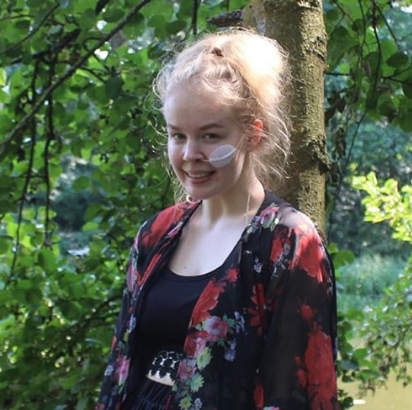
Noa Pothovan, 17, was suffering from post-traumatic stress, depression and anorexia. /Image via Instagram
Noa Pothovan, 17, was suffering from post-traumatic stress, depression and anorexia. /Image via Instagram
Who is Noa Pothoven?
Pothoven became an international name following her award-winning memoir "Winning or Learning," which detailed her suffering due to post-traumatic stress, depression and anorexia after she was raped as a child. She was sexually abused three times in her short life. Pothoven was molested twice at age 11 and 12, and was later raped by a man when she was 14. But shame and fear forced her to suffer in silence for years until she decided to publish her personal diary as an autobiography.
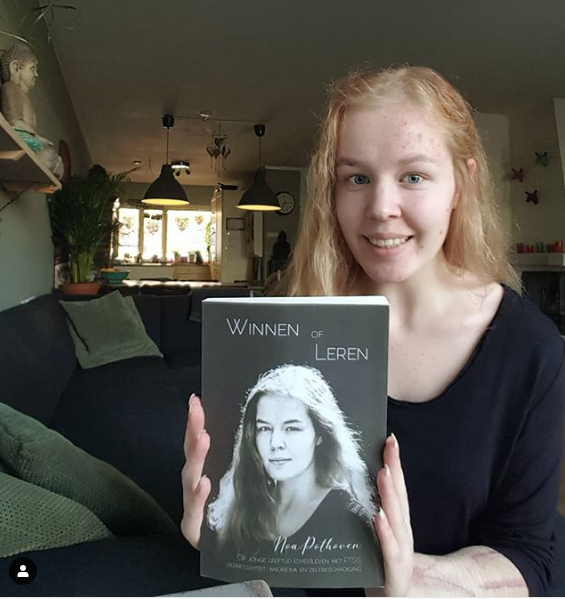
Noa Pothovan, 17, was an award-winning writer. /Image via Instagram
Noa Pothovan, 17, was an award-winning writer. /Image via Instagram
In her last Instagram post (now deleted) titled "Love is letting go…" she spoke about her decision to die.
"After years of battling and fighting, I am drained. I have quit eating and drinking for a while now, and after many discussions and evaluations, it was decided to let me go because my suffering is unbearable."
"Out of fear and shame, I relive the fear, that pain every day. Always scared, always on my guard. And to this day my body still feels dirty."
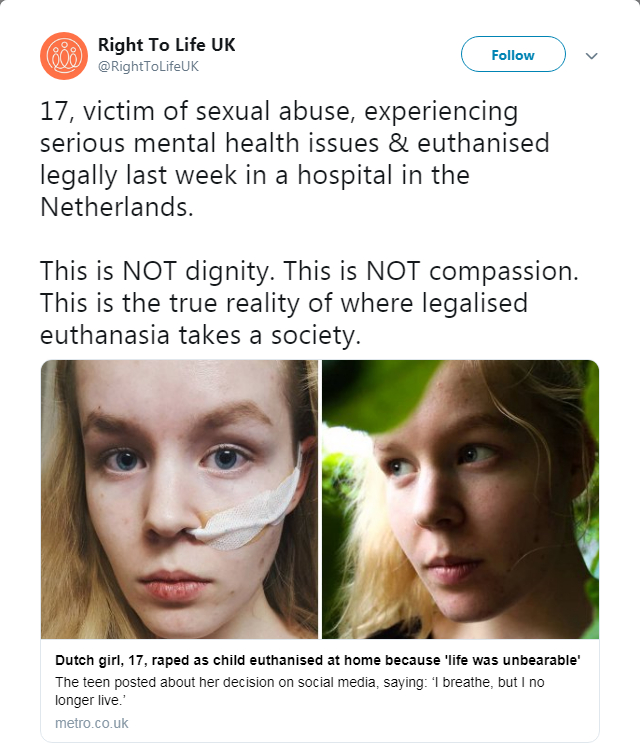
Screenshot from Twitter.
Screenshot from Twitter.
Right to life vs. Right to die
The term euthanasia, derived from the Greek word "euthanatos" which means easy death, remains controversial around the world with passionate campaigners on both sides. It is defined as the practice of intentionally ending someone's life to relieve their pain and suffering. However, assisted suicide involves the person wishing to die taking an active role in ending their own life, which may not be the case with euthanasia.
Those who agree with the practice often argue that death is a private affair, and people should be allowed to die with dignity and save their loved ones from the pain of seeing them suffer. Some also point out that resources should be put toward people who want to live, or whose conditions are curable.
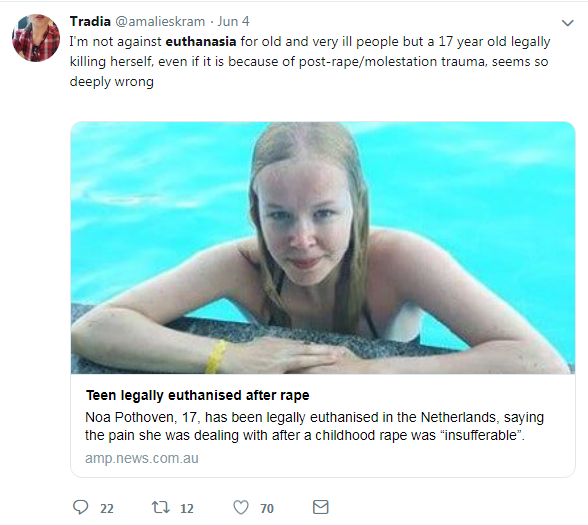
Screenshot from Twitter.
Screenshot from Twitter.
However, there are concerns that such a practice can have adverse effects on our attitude toward those who are ill and have disabilities. Some also argue that it may worsen care for the terminally ill and research into their illness. Others believe that it undermines the value of human life, and could leave people feeling pressured to die as they don't want to become a burden. Many religious people also oppose the practice as they believe that human beings do not have the right to decide on issues of life and death.
Although Pothovan's request for euthanasia was rejected, the story has reignited the debate over the issue and highlighted the fact that it's legal in the Netherlands under strict conditions. The practice, however, is still controversial and it is extremely rare for young people, especially teenagers, to be allowed to make such a decision.
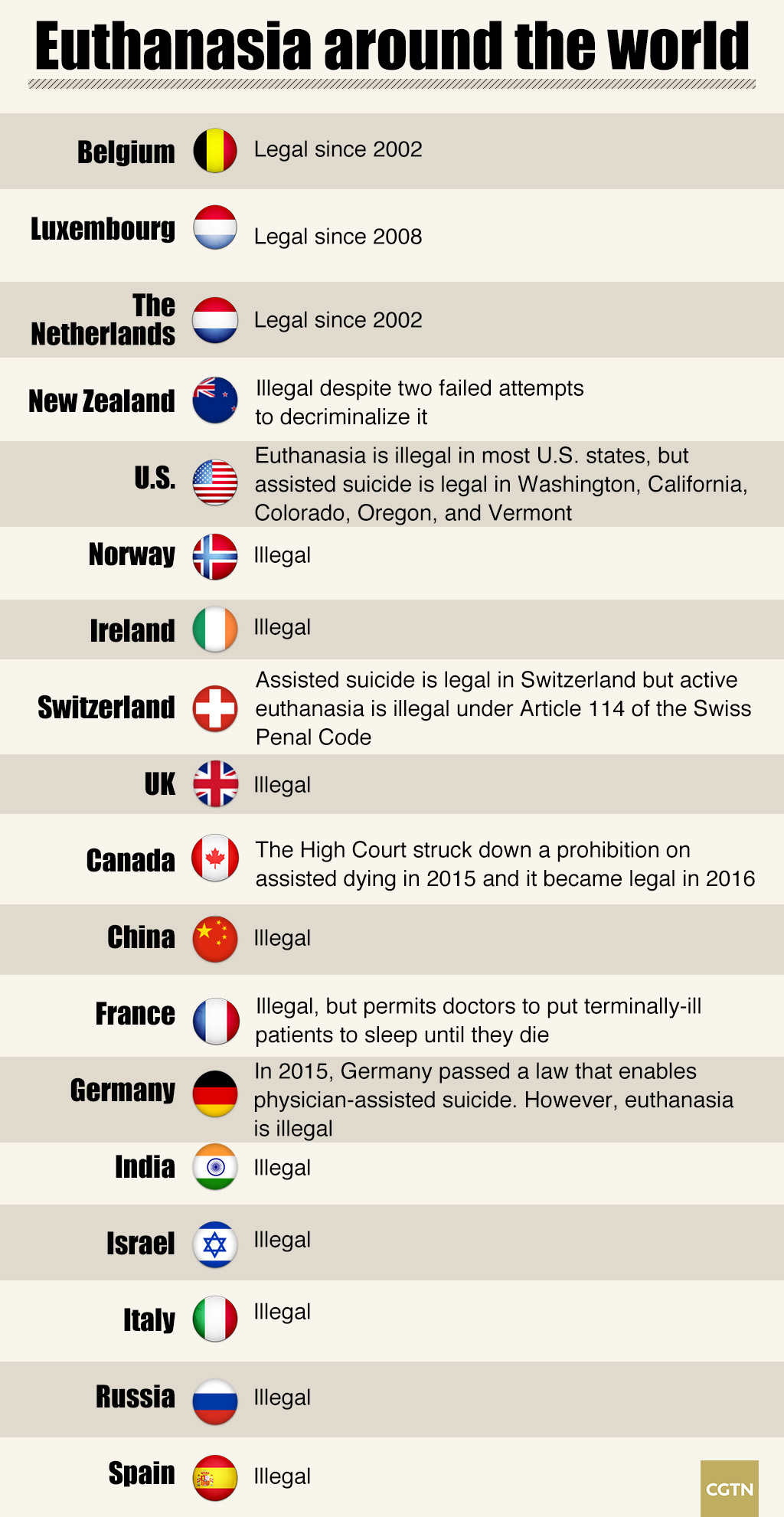
Let others help you
Please seek help in your city or town if you are suffering from an eating disorder or emotional issues.
In China, the Beijing Suicide Research and Prevention Center can be reached for free at 800-810-1117 or 010-82951332.
The Shanghai Mental Health Center (http://www.smhc.org.cn) serves as a mental health clinic as well as teaching, researching and planning mental health prevention throughout China. They can be reached at 021-64387250.
The Samaritans Hong Kong (https://samaritans.org.hk) is available 24/7 at 2896-0000.
In the United States, the National Suicide Prevention Lifeline can be reached for free at 1-800-273-8255.
A full list of suicide prevention helplines can be found here: https://en.wikipedia.org/wiki/List_of_suicide_crisis_lines

SITEMAP
Copyright © 2018 CGTN. Beijing ICP prepared NO.16065310-3
Copyright © 2018 CGTN. Beijing ICP prepared NO.16065310-3